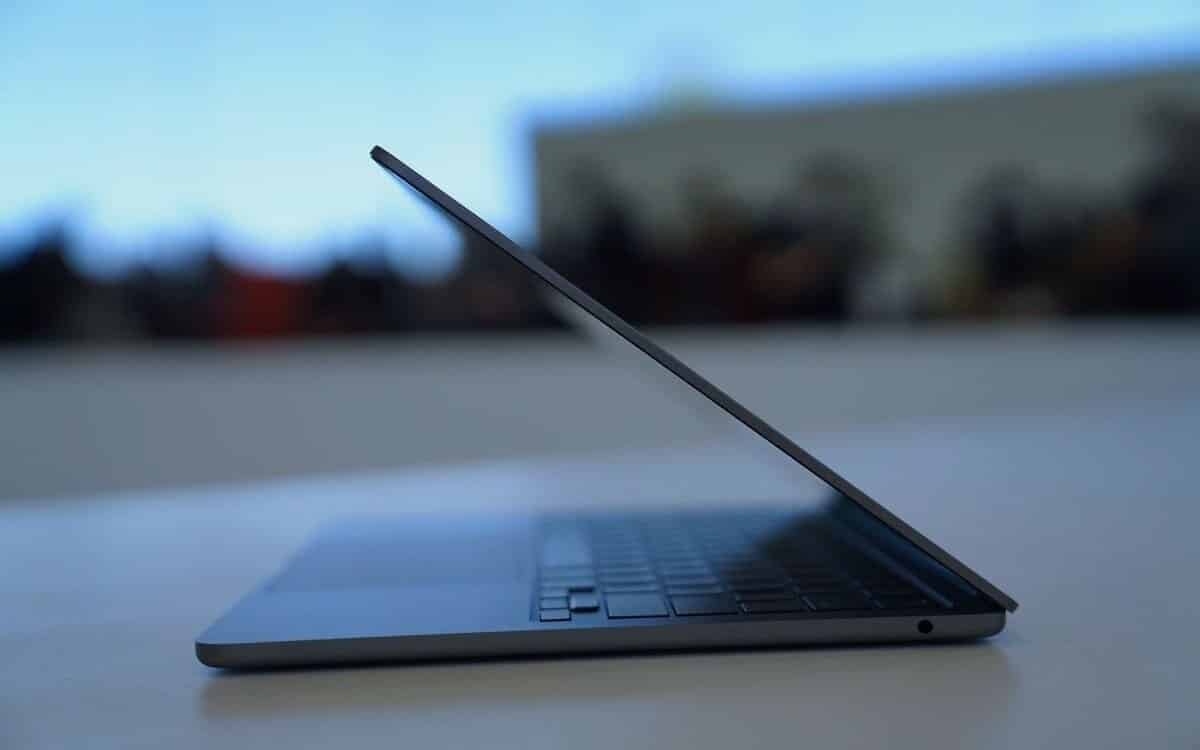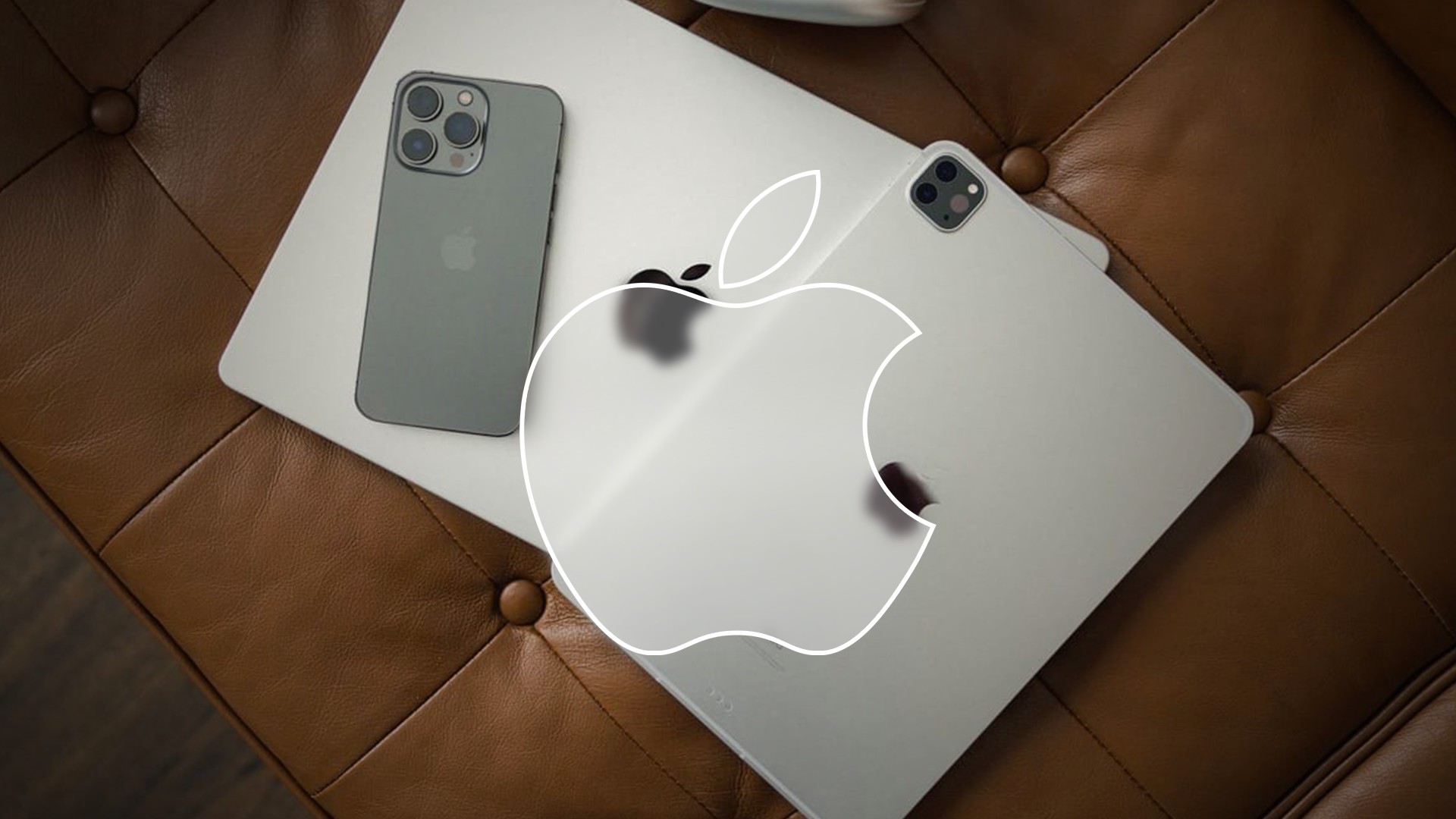Apple crushes the competition in the ARM processor sector

Apple largely dominates the competition in the field of computers with ARM processor. The brand owns 90% of the revenues of the sector. Of course, this performance is due to its MacBooks, now equipped with M1 processors.
In 2020, Apple made a radical decision for its computer products: to do without Intel processors to create its own ARM SoCs, the M1. Almost two years later, the Cupertino company largely dominates the market ARM computers.
As Sravan Kundojjala of Strategy Analytics points out, Apple now captures 90% of revenue computers equipped with ARM chips. Quite a feat given that the firm started from scratch in this segment.
Apple bets everything on its SoC M1
To convince the buyer, there is no secret: he must not lose quality by switching from a conventional processor to an ARM SoC. This is what Apple has managed to do with its M1. Its processors are powerful and crush a lot of competitors in terms of pure performance. This also allows the Cupertino company to have control over all aspects of its products and to no longer be constrained in terms of design and to offer better autonomy.
Read also – Apple MacBook Air (2020) test: power and autonomy finally combined in an ultraportable
Only Apple manages to pull out of the game in the field. Indeed, as Strategy Analytics notes, the architecture ARM only equips 9% of computers on the market. It is indeed difficult to establish itself elsewhere than on Mac. We can cite a few brands such as Acer, HP or Dell that use ARM for Chromebooks, but as far as Windows PCs are concerned, the architecture is struggling to establish itself. Not powerful enough, it is neglected by manufacturers who prefer Intel and AMD processors. Everything could change in the next few years with the takeover of Nuvia by Qualcomm, but for the moment, nothing seems to be able to worry Apple in this market.
In terms of volume, 348.8 million laptops were sold in 2021. Among them, 27.7 million are MacBooks, or 8%. A figure on the rise since the transition from “classic” processors to ARM processors. As a reminder, Apple recently announced a new MacBook Air, introducing its M2 chip.
Source : Tom’s Hardware




